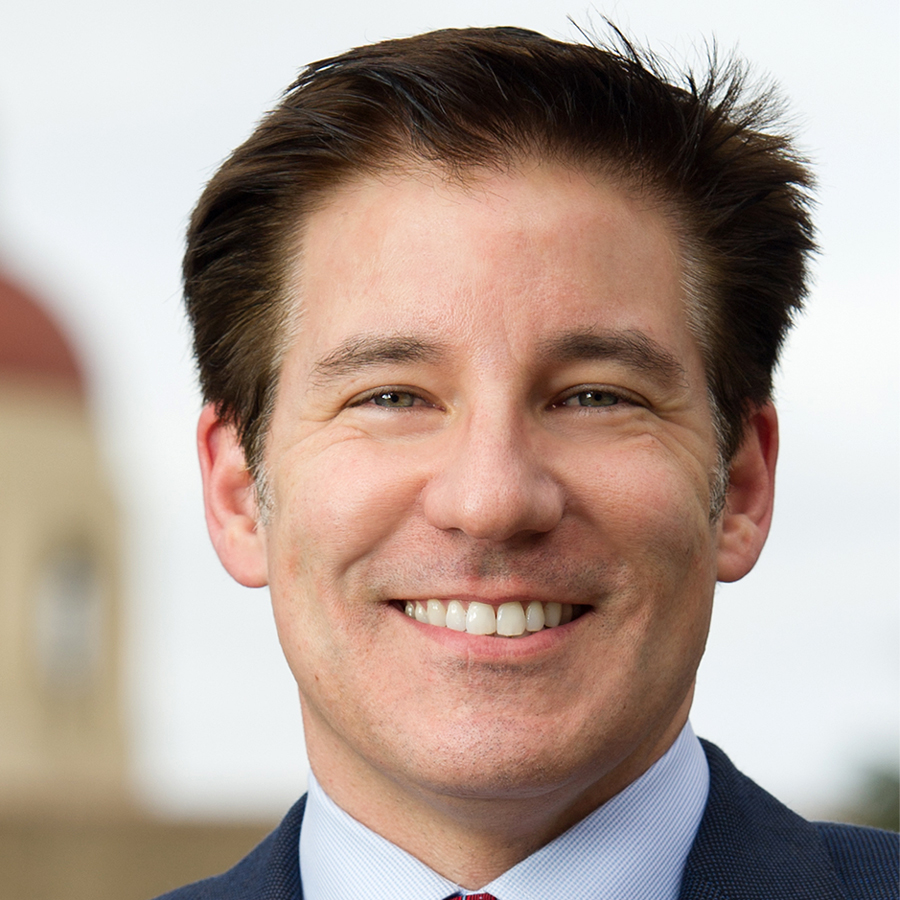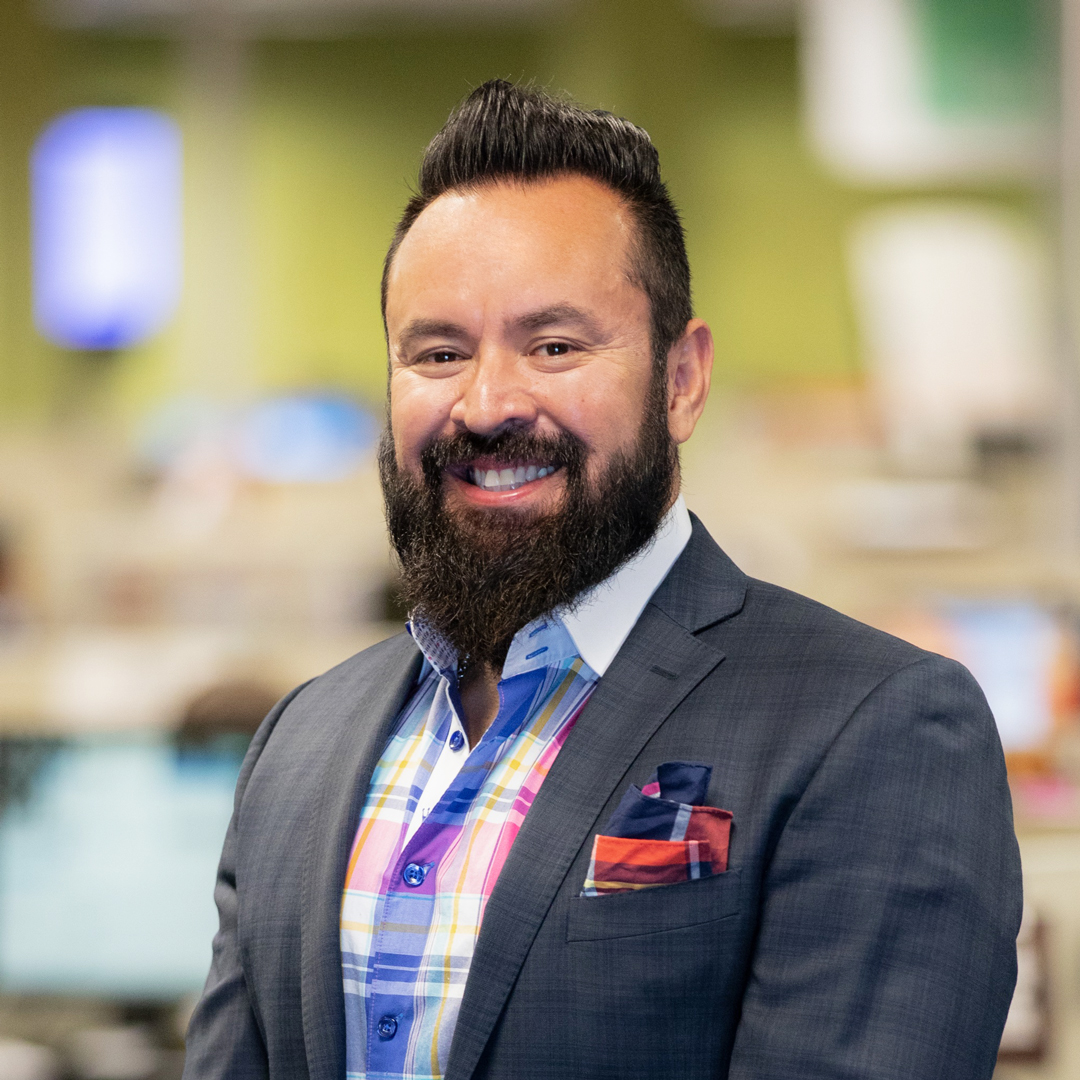|
Getting your Trinity Audio player ready...
|
If Guillermo “Bill” Martinez Jr. hadn’t gone into the oil and gas industry, he might’ve become the most successful bricklayer in Lincoln, Nebraska, according to his father and namesake.
Since the age of eight, Martinez worked alongside his dad, who left a stable job to go out on his own expressly so that he could have his young sons with him and teach them about work and life.
One of the most defining moments for Martinez came when he was seventeen and the family was working for a longstanding client, a prominent homebuilder named Gary.
“He would sometimes come to the job site with some of his buddies or wife and look to show off by seeking opportunities to belittle my dad and reminding him that we were lucky to work for him,” Martinez recalls. “Sometimes his humor would take a darker turn and carry over to racial undertones. He would refer to my dad as ‘his Mexican.’” His father’s typical response was to remain quiet or play it off as a joke and continue working.
One day after a particularly demeaning session, Martinez confronted his father. “I yelled at him and told him to step up and be a man. I told him Gary needed us as much as we needed him.” And he made clear that if his father didn’t stand up to Gary, Martinez had no problem doing so himself regardless of who Gary had with him.
Martinez still remembers the pain in his father’s eyes as he contemplated how to respond. Rather than chastise or punish, his father sought to take his son’s anger and humiliation and turn the experience into a lesson, telling him, “Son, don’t worry about Gary. He is a dying breed. You are coming into a new world where you will have all the opportunities I did not have as long as you are willing to work hard. But I don’t want you to ever forget how you feel right now, because one day you will be the boss, and I want you to always treat people with the respect and dignity they deserve.”
It’s a lesson Martinez took to heart. “I believe everybody has something to contribute, regardless of where they are in the organization. I really dislike positional authority that titles tend to bring,” he says. “I want everybody to feel comfortable enough to bring their ideas forward and have their opinions heard, because I truly believe that’s how you win in business and in life.”
“I want everybody to feel comfortable enough to bring their ideas forward and have their opinions heard, because I truly believe that’s how you win in business and in life.”
His father’s lessons have stayed with him and defined his leadership style for nearly three decades. Now, as vice president of drilling for Chesapeake Energy, Martinez strives to cultivate what he calls a “culture of high performance,” which he does by empowering his team while holding everyone, including himself, accountable for results, using KPIs to measure performance. The key foundational aspects to his approach are trust and respect throughout the organization, so that everyone feels comfortable asking questions, contributing, and being willing to fail in the pursuit of improving performance.
Drilling operations are carried out twenty-four hours a day year round and take place in the coldest of winters in the north and the beneath the scorching sun in the south. Conducting these operations with a safety-first mentality is Martinez’s number one focus.
“It is very easy for me to empathize with the people that get dirty for a living and often put themselves in harm’s way so that we can have the nicer things in life. Those are my peeps,” he says fondly. “I always ask myself: Would I feel comfortable if my sons work in that environment, in those conditions, with the training they have? If the answer is anything other than a strong yes, I have work to do.”
“I always ask: Would I feel comfortable if my sons work in that environment? If the answer is anything other than a strong yes, I have work to do.”
Martinez is responsible for more than one hundred people working on approximately twenty oil rigs throughout the US at any given time. Each morning, every rig starts with a safety meeting in a trailer, where a poster hangs bearing the phrase, “Who do you work for?” Team members post photos of their loved ones around it.
“Before they go out to their twelve-hour shift, they look at that,” Martinez explains. “They say, OK, my paycheck may come from my company, but I’m working here for my little girl, I’m working here for my parents, or whoever is important to them.”
About twice a year on each rig, Martinez invites oilfield workers who’ve experienced severe and dangerous lapses in safety that resulted in serious injury and brushes with death to give testimonials to the teams. In a job characterized by physical demands and toughness, the vulnerability on display is especially effective.
“We’ve had guys talk about how it’s affected their intimate relationship with their spouse,” he recalls. “These hard-to-hear things resonate with our field workers and they think, ‘This could very easily be me or one of my buddies.’ Our goal is that they recommit themselves to work safety and watch out for each other—the bonds of friendship in this line of work are very strong.”
Martinez also has a passion for the relentless pursuit of perfection and continuous improvement, and is never satisfied with “good enough”—a concept he learned early in his career at Exxon, where he was introduced to the work of William Edwards Deming, known as the “grandfather” of the field. Martinez’s three-pronged approach to cultivating the same passion within his team that Deming inspired starts with making a case for why change is necessary, then setting aggressive goals for performance improvement, and finally empowering his people to take good business risks—and not be afraid to fail.
“Nothing kills morale faster than an environment that preaches accountability and empowerment, but practices neither,” Martinez says. To that end, Chesapeake has undergone a culture change over the last five years from what Martinez calls a “command and control model,” where every decision was made by senior management in a top-down approach. “The way we do things now, senior management sets the overarching strategies and goals but empowers each department and ultimately individual contributors to support company goals and strategies through operational execution and improvements,” he says.
“Nothing kills morale faster than an environment that preaches accountability and empowerment, but practices neither.”
In Martinez’s area, he’s seen measurable improvements to reduce drilling costs and days spent on wells. He uses KPIs to not only measure progress but also predict it, with leading indicators that let the team know if they’re on track. “It’s the only way to clearly and visibly communicate to everyone if you’re winning or losing,” he says.
Still, Martinez credits the interpersonal lessons his father imparted with laying the foundation for his success. “I don’t care what process or what metrics or what policies you have—if you don’t have trust and respect in your organization as a foundational core value, you can never accomplish the greatest things you are capable of,” Martinez says.
Once you have that trust and respect for each other in your organization, he adds, “everything else is easy.”

